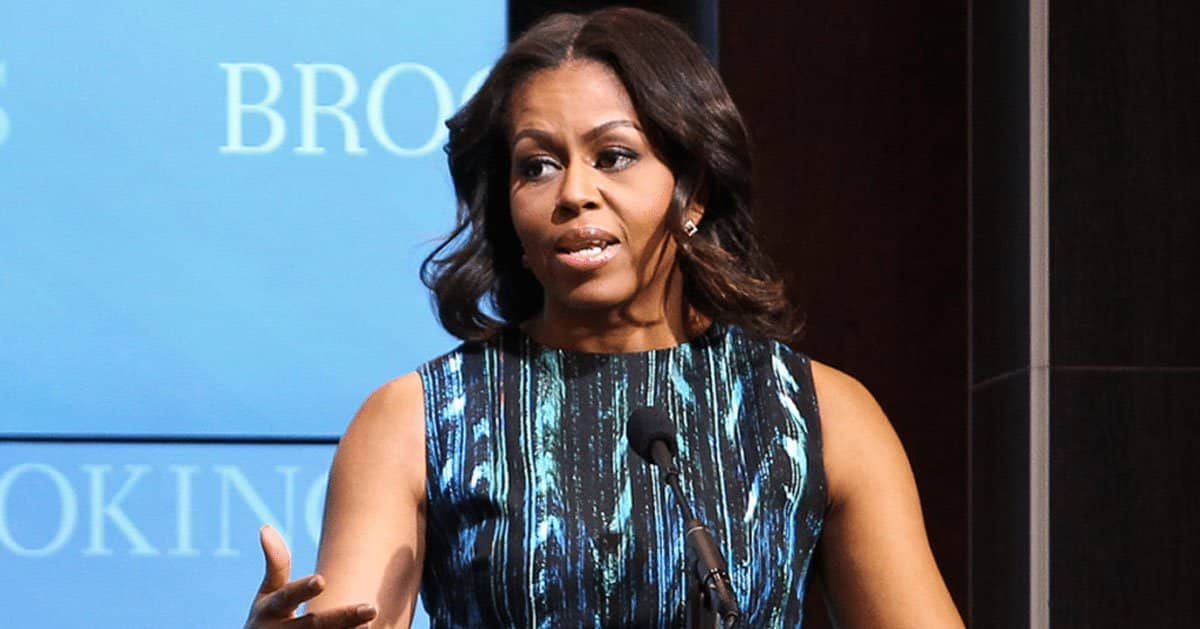







President Donald Trump’s bold move to deploy the National Guard to Memphis caught city officials off guard. On Fox News’ “Fox and Friends” on September 12, 2025, Trump announced plans to send troops to tackle what he called a “deeply troubled” city.
The New York Post reported that Trump’s announcement followed discussions with Tennessee Gov. Bill Lee, with Memphis Mayor Paul Young learning of the deployment only through the broadcast.
The city has seen a 25-year low in overall crime and a six-year low in murders, yet persistent gun violence keeps Memphis on edge. Young had been exploring federal law enforcement options, but the National Guard was not his request.
Earlier in the week, Young heard from Lee’s office that the idea was under consideration. Details like troop numbers, timelines, and roles remain murky, leaving city leaders scrambling for clarity. Young expects more answers soon, but for now, Memphis is left to speculate.
Memphis has long grappled with gun violence, hitting a grim peak with 390 homicides in 2023. The 2023 death of Tyre Nichols after a brutal police beating sparked a Department of Justice probe, which found civil rights violations like excessive force and discriminatory policing. Under Trump’s administration, those findings were controversially withdrawn in May 2025.
Despite recent crime drops, Trump’s “deeply troubled” label stings a city proud of its progress. Young disputes Trump’s claim that he’s “happy” about the deployment, arguing it won’t solve crime’s root causes. His skepticism reflects a broader concern about federal overreach in local affairs.
Trump pointed to Washington, D.C., as a model, where he deployed 2,000 National Guard troops to curb crime. There, armed troops patrol public spaces like Union Station, a heavy-handed approach that raises questions for Memphis.
Young fears such a presence could evoke painful memories, like the 1968 National Guard deployment after Martin Luther King Jr.’s assassination.
Gov. Lee and Trump plan further talks to hammer out the deployment’s specifics. Lee’s spokesperson boasted that an ongoing FBI operation has already nabbed hundreds of violent offenders, suggesting the National Guard might amplify these efforts. Yet, Young remains cautious, unsure how troops will fit into Memphis’ strategy.
Young floated ideas for the Guard, like supporting big events or monitoring security cameras. He also suggested they could pitch in on neighborhood beautification—hardly the crime-fighting fix Trump envisions. Such proposals seem more about softening the Guard’s image than tackling violent crime head-on.
The National Guard’s history in Tennessee includes disaster relief and protest management, not routine policing. From aiding school integration in 1956 to supporting COVID-19 testing, their roles have been varied but rarely crime-focused. Young’s plea to avoid “invoking those same images” of militarized streets underscores his unease.
Trump’s announcement also referenced Louisiana, where a draft plan to deploy 1,000 Guard troops to New Orleans and other cities is gaining traction.
Louisiana’s Attorney General Liz Murrill backs the idea, despite New Orleans boasting its lowest crime rates in decades. Rep. Troy Carter’s retort that “no emergency exists” to justify militarizing streets echoes Young’s reservations in Memphis.
In Washington, D.C., the Guard’s presence continues despite an expired emergency order, with troops from seven states still patrolling. The city’s federal status gives Trump direct control, unlike in Memphis, where Gov. Lee holds the reins. This distinction complicates how Memphis’ deployment will unfold.
Young wants to “drive how they engage” in Memphis, wary of a one-size-fits-all approach. Washington’s Mayor Muriel Bowser has leaned into federal coordination, even setting up an operations center to align local and federal efforts. Memphis, however, lacks such infrastructure, leaving Young to navigate uncharted waters.
Memphis’ crime stats tell a story of progress, yet its reputation for violence lingers. A photo of a Memphis police officer near Beale Street on September 12, 2025, captures the city’s ongoing vigilance. Trump’s narrative risks overshadowing hard-won gains, painting Memphis as a problem to be fixed rather than a city on the mend.
Young’s press conference on September 12 highlighted his frustration with being blindsided. His measured tone contrasts with Trump’s brash confidence, revealing a disconnect between federal rhetoric and local reality. The mayor’s call for clarity is a polite but firm pushback against top-down solutions.



